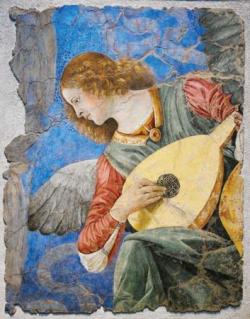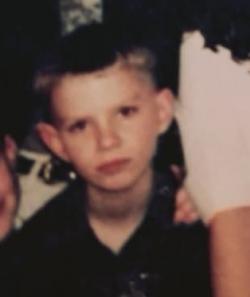Site-Wide Comment Activity: All Authors
|
|
|
|
 |
 |
|
|
 |
 |
|
|
 |
 |
 |
 |
 |
 |
|
|
- « first
- ‹ previous
- …
- 193
- 194
- 195
- 196
- 197
- 198
- 199
- 200
- 201
- …
- next ›
- last »